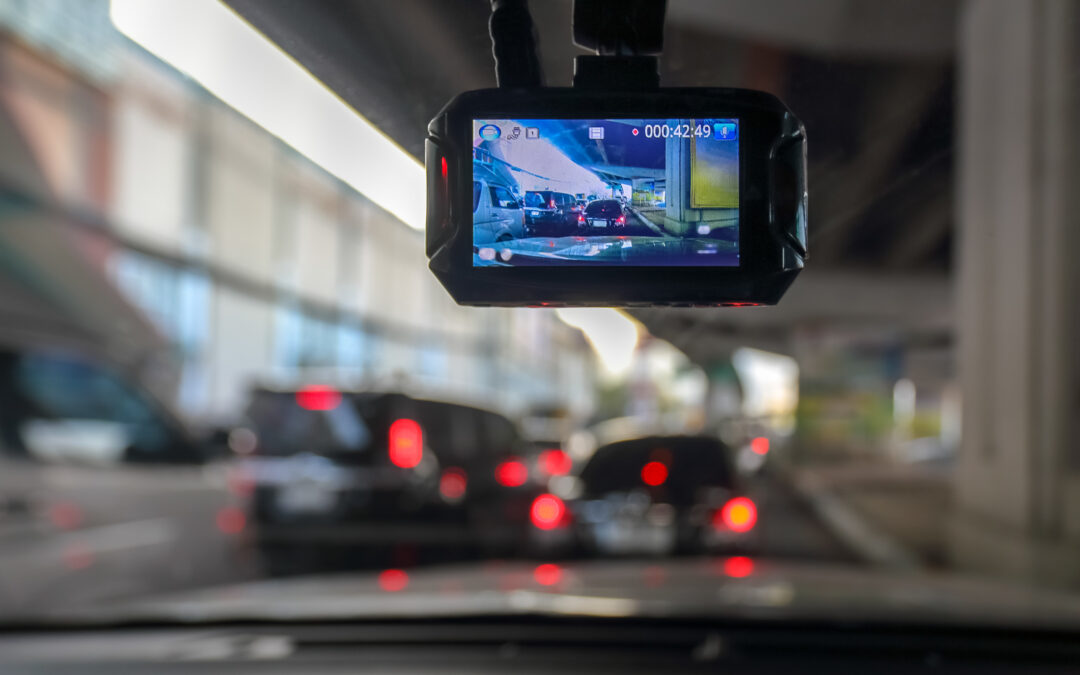Experiencing an accident can be a traumatic and disorienting event. In the immediate aftermath, your primary concern is likely your physical well-being and that of everyone else involved. It’s crucial to understand that the steps you take following an accident can significantly impact your legal position.
Know What to Do After an Accident
Ensure everyone’s safety and call for medical assistance if needed. Contact law enforcement to report the accident and gather relevant information from all parties involved, including names, contact details, and insurance information. Document the scene with photos and notes, including any damages to property and vehicles. Once you have taken care of immediate concerns, it is important to contact your insurance company as soon as possible. They will guide you through the necessary steps and help handle any legal proceedings that may arise. It’s also crucial to seek medical attention even if you feel fine, as some injuries may not be immediately apparent. Keep track of all medical records and expenses related to the accident for your insurance claim. It’s also recommended to consult a personal injury lawyer to understand your rights and ensure you receive proper compensation for any damages or injuries sustained. Taking prompt action after an accident can make a significant difference in resolving any legal matters and protecting yourself from potential liability.
Install a Dashcam
Installing a dashcam in your vehicle serves multiple purposes. Primarily, it provides an unbiased record of incidents or accidents, potentially protecting you from unwarranted liability. Dashcams can also serve as a deterrent to irresponsible behavior on the road, encouraging safer driving practices. Video evidence of an accident can make a greater impact in a court. Certain models offer features like GPS tracking and speed logs, which can be useful in case of theft or disputes over speeding tickets. Remember to adhere to local laws and regulations when using a dashcam. Some countries have restrictions on recording audio or prohibiting certain types of mounting positions. It’s important to familiarize yourself with these laws before installing a dashcam. Always inform your passengers that they are being recorded for privacy reasons. With proper research and adherence to laws, you can ensure the best performance from your dashcam and have peace of mind on the road.
Ensure You Have Adequate Insurance
Having adequate insurance coverage is fundamental to protecting yourself legally after an accident. Make sure you understand your insurance policy’s coverage, including liability, collision, and comprehensive coverage. It’s crucial to maintain the required levels of insurance mandated by your state. Consider purchasing additional coverage for added protection. Liability insurance covers any damages or injuries you cause to another person or their property while driving. In most states, liability insurance is required by law and is the minimum level of coverage necessary for all drivers. It’s important to have adequate liability coverage to avoid potential lawsuits and financial ruin in case of an accident. Consider consulting with an insurance advisor to ensure you have the right coverage that aligns with your needs and provides adequate protection in case of an accident.
Being prepared and informed about what to do after an accident can make a significant difference in protecting yourself legally. By following these guidelines, you can navigate the legal aspects post-accident with more confidence and assurance.
Did You Enjoy Reading This Article? Here’s More to Read: Life Events You Need to Insure Against

